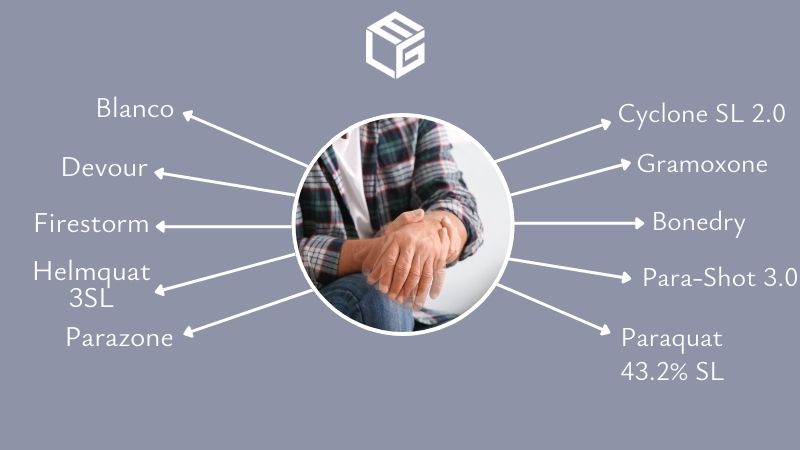Paraquat 43.2% SL
Paraquat exposure

Paraquat is a weed killer manufactured by Redeagle International LLC. Being one of the most toxic herbicides, it's very effective in destroying weeds that have become resistant to glyphosate. Due to its high toxicity, Paraquat 43.2% SL is a restricted-use herbicide, meaning that only certified, licensed applicators can purchase and use it for crops. Parkinson's disease is one of the most concerning health risks associated with exposure to paraquat. Still, the manufacturer has failed to ensure that farmworkers using the herbicide, and people living nearby farming communities, were adequately warned about the risk of developing Parkinson's disease.
Claim Application